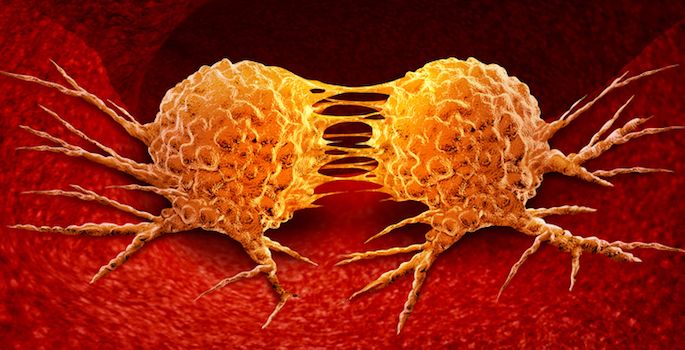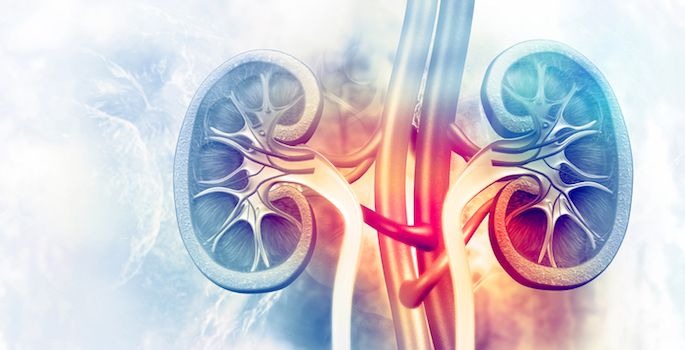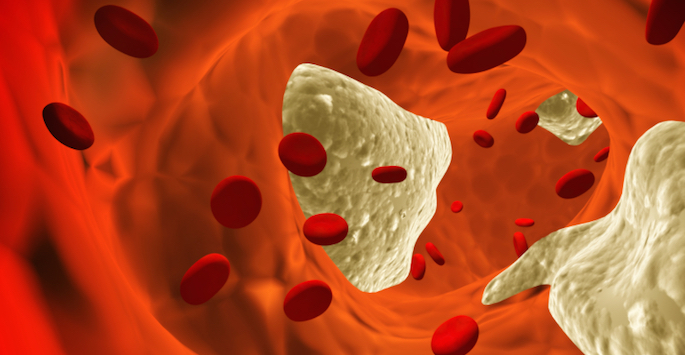Research
-

Vanderbilt and University of Tennessee-Knoxville win NSF Sustainable Regional Systems Research Network grant
Jonathan Gilligan, associate professor of Earth and environmental sciences, and Janey Camp, research associate professor of civil and environmental engineering, have won a Sustainable Regional Systems Research Network grant from the National Science Foundation. Jonathan M. Gilligan (Vanderbilt University) Janey Camp (Vanderbilt University) With a grant of nearly $150,000, they and researchers from the University... Read MoreSep 30, 2021
-

Vanderbilt-led team selected by NSF Convergence Accelerator to continue developing predictive technology against biothreats
Professor Janos Sztipanovits’ “Computing the Biome” convergent research team has been awarded a $5 million cooperative agreement to advance to phase 2 of the National Science Foundation’s 2020 Convergence Accelerator program. His team is developing technology to detect biological threats and predict disease outbreaks in major U.S. cities. Janos Sztipanovits (Daniel Dubois) “The Computing the... Read MoreSep 23, 2021
-

The role of polarity in early cancer
Mutations in the protein epiregulin, an EGF receptor ligand, affect larger epithelial cell reorganization and may contribute to early cancer development, Vanderbilt researchers discovered. Read MoreSep 21, 2021
-

Brain circuits in schizophrenia
Vanderbilt psychiatrists are probing brain circuit hyperactivity implicated in schizophrenia, with the idea that normalizing the hyperactivity may improve cognitive processes. Read MoreSep 20, 2021
-

Structural variants in breast cancer risk genes
Vanderbilt epidemiologists conducted in-depth whole genome sequencing of breast cancer risk genes in Black women, who die at higher rates and have more aggressive disease, to discover mutations that may improve testing and treatment selection. Read MoreSep 16, 2021
-

‘Pre-conditioning’ restores immune tolerance
A treatment targeting T-cell metabolism could reinvigorate immune tolerance mechanisms to combat autoimmune disease and transplant rejection, Vanderbilt researchers discovered. Read MoreSep 16, 2021
-

Technologies can help drivers maintain the two-second rule to improve road safety and traffic flow
By Marissa Shapiro The two-second rule, taught in driver’s ed classes across the country, is a rule of thumb that helps drivers maintain a safe distance from the car ahead at any speed. Adhering to the two-second rule can be difficult. A team of engineers led by Dan Work, associate professor of civil and environmental... Read MoreSep 16, 2021
-

Team awarded $2.3 million NIH grant to evaluate new, more accurate ultrasound methods
New acquisition and reconstruction solutions for ultrasound imaging developed by a Vanderbilt team aim to fundamentally improve the ability to obtain high quality, clinically relevant images, especially in cases of heart disease. With a new, $2.3 million National Institutes of Health grant, the researchers will evaluate their advances on a specific subset of cardiac imaging... Read MoreSep 9, 2021
-

$1.9 million NIH project to investigate effects of shear stress on cancer cells
A biomedical engineering professor has received a $1.9 million NIH grant to investigate the effects of mechanical stimuli such as shear stress on the behavior of cancer cells in blood flow. J. Lawrence Wilson Professor Mike King and his research group will develop the devices for the study as well as new cell lines to... Read MoreSep 9, 2021
-

$1.9 million NIH project to investigate effects of shear stress on cancer cells
A biomedical engineering professor has received a $1.9 million NIH grant to investigate the effects of mechanical stimuli such as shear stress on the behavior of cancer cells in blood flow. J. Lawrence Wilson Professor Mike King and his research group will develop the devices for the study as well as new cell lines to... Read MoreSep 9, 2021
-

Landmark study examines decarbonization of U.S. inland waterways
Sept. 23 webinar to cover challenges, options for inland fleet A landmark new report by Vanderbilt transportation and environmental engineers looks toward decarbonization of U.S. waterways and evaluates the potential for possible future propulsion technologies and alternative fuels to reduce carbon emissions. The comprehensive study, the first to examine the U.S. inland waterway system through... Read MoreSep 7, 2021
-

Using billing codes to count cancers
The billing codes in electronic health records are useful for counting skin cancers over time — an important metric for cancer risk assessment and prevention. Read MoreSep 2, 2021
-

Study shows gene-drug interactions are common
When a drug or combination of drugs causes different responses in different people, genetic variation is often at play. Pharmacogenomics, through discovery of genetic risk and use of clinical genotyping, aims to reduce trial-and-error approaches to drug prescribing. Read MoreSep 2, 2021
-

Engineering doctoral students experience paradigm-shifting clinical training in surgery and intervention
Trainees gain big picture knowledge plus work closely with surgeons The results are in: Five cohorts of Vanderbilt engineering doctoral students have experienced ‘paradigm-shifting training’ in surgery and intervention. Preliminary reports from a five-year program of intensive training, supported by a nearly $1 million National Institute of Biomedical Imaging and Bioengineering grant, show strong evidence... Read MoreAug 27, 2021
-

Research Snapshot: How will the global community react if vulnerable nations pioneer solar radiation geoengineering
By Marissa Shapiro THE IDEA Jonathan Gilligan (John Russell) Jonathan Gilligan, associate professor of Earth and environmental sciences and civil and environmental engineering, and a group of international researchers have illustrated potential international conflicts over climate change. One of a larger group of studies, this work engaged in a role-playing scenario set in 2040 in... Read MoreAug 24, 2021
-

Research Snapshot: How will the global community react if vulnerable nations pioneer solar radiation geoengineering
By Marissa Shapiro THE IDEA Jonathan Gilligan (John Russell) Jonathan Gilligan, associate professor of Earth and environmental sciences and civil and environmental engineering, and a group of international researchers have illustrated potential international conflicts over climate change. One of a larger group of studies, this work engaged in a role-playing scenario set in 2040 in... Read MoreAug 24, 2021
-

Royal Society award gives international exposure to work in polar sciences, computational mechanics
The School of Engineering’s work in polar and climate science, plus computational mechanics, will get international exposure with a two-year travel grant from the Royal Society, the independent academic society of the U.K., for a collaboration between a Vanderbilt professor and a professor in England. The project will establish new approaches for simulating fracture propagation... Read MoreAug 20, 2021
-

Potential protection from atherosclerosis
Vanderbilt researchers have discovered a potential way to reduce atherosclerosis: blocking the modification of an HDL-associated enzyme by reactive molecules called isolevuglandins. Read MoreAug 19, 2021
-

New departments answer growing demand in computer science, computational science, electrical engineering
Music Row becomes Technology Row The School of Engineering has created two new departments from the Department of Electrical Engineering and Computer Science to encourage innovation, accommodate enrollment growth, and focus on areas of strategic excellence. The existing degree programs in computer science will be housed in the new Department of Computer Science chaired by... Read MoreAug 18, 2021
-

Vitamin D impact on disease biomarkers
In a randomized controlled trial, vitamin D supplementation did not improve biomarkers for cardiovascular and metabolic disease. Read MoreAug 10, 2021